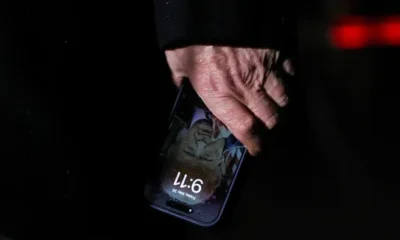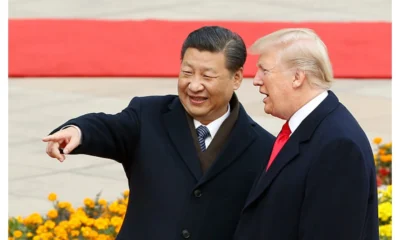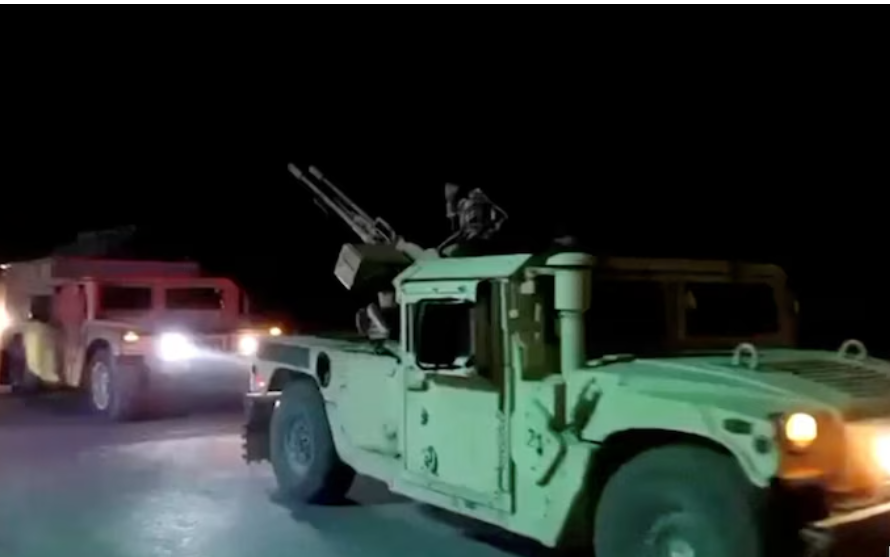[vc_row][vc_column][vc_column_text]Russia and China supported the US move
United Nations Security Council has unanimously adopted a resolution for imposing new sanctions on North Korea on Monday. This came within one week after Pyonyang carried out its sixth and largest nuclear test. US had initiated the sanctions resolution to curb North Korea’s nuclear and ballistic missile program.
The UN resolution is designed to accomplish six major goals: cap North Korea’s oil imports, ban textile exports, end additional overseas laborer contracts, suppress smuggling efforts, stop joint ventures with other countries and sanction designated North Korean government entities.
Reacting to the UN vote, US ambassador to the UN Nikki Haley said, “Today, we are saying the world will never accept a nuclear armed North Korea, and today the Security Council is saying that if the North Korean regime does not halt its nuclear program, we will act to stop it ourselves.”
A North Korean official has reportedly told CNN that increased pressure from the US could mean North Korea faces “a very strong response, with unbearable consequences.” Hostile sanctions are like a delusion tantamount to expecting foolishly that the ocean would dry up, the official added. Pyongyang has not given any official reaction yet.
Meanwhile South Korea and Japan have expressed satisfaction with the UNSC’s vote to tighten the sanctions regime against North Korea over its nuclear and missile programs.
Pak Su-hyun, spokesman of the South Korean president, held a news conference on Tuesday and said Pyongyang needs to realize that a reckless challenge against international peace will bring about even stronger sanctions against it. It is significant that China and Russia agreed on the need for stronger restrictive measures than previous ones, the spokesman added.
Japanese PM Shinzo Abe also said that he highly appreciates “a remarkably tough sanctions resolution.” He further said that “it is important to put an unprecedented level of pressure on North Korea to make it change its policies.” He warned that “It is up to the international community to see that these resolutions are implemented.”
The resolution was a watered down version of the initial US draft. It was reportedly revised for winning support of China and Russia.
The initial draft resolution called for a complete ban on exports of oil to North Korea and an asset freeze on leader Kim Jong Un, the Worker’s Party and the government of North Korea. But later US removed the full oil embargo, asset freeze, travel ban for Kim and softened the language on foreign workers and other issues.
Russia and China both have veto power as the permanent members of the Security Council and had expressed scepticism over the initial draft resolution. But after Monday vote Beijing supported the resolution.
Liu Jieyi, Ambassador of China at UN said, “China is consistently committed to the denuclearization of the Korean peninsula, to the peace and stability of the peninsula and to the solution of the issue through dialogue and consultation.”
Moreover, China’s Big Four state-owned banks have stopped providing financial services to the new North Korean clients.
Immediately after UNSC vote against Pyongyang, Peru’s foreign ministry has ordered North Korea’s ambassador to leave the country within five days. Earlier, Mexico had ejected Pyongyang’s representative from its soil.
The UN resolution will hugely impact the North Korean economy. It will result in a 30% decrease in oil imports by cutting off over 55% of refined petroleum products going from US to North Korea. It will also ban all textile exports resulting in a big jolt to the country’s economy. In 2016 North Korea earned $760 million through these sales. This was never touched by earlier UNSC sanction resolutions.
The UNSC resolution will prevent North Koreans from working abroad who have been earning over $ 500 million each year.
Ahead of the Security Council vote, Pyongyang had warned US that it would pay a “due price” for spearheading efforts on the sanctions and also stressed that its nuclear program was part of its “legitimate self-defensive measures.”
North Korea’s foreign ministry on Monday said, “The forthcoming measures to be taken by the DPRK will cause the US the greatest ‘pain and suffering’ it had ever gone through in its entire history.” The world will witness how DPRK tames the US gangsters by taking series of action tougher than they have ever envisaged, it added.[/vc_column_text][/vc_column][/vc_row]

























